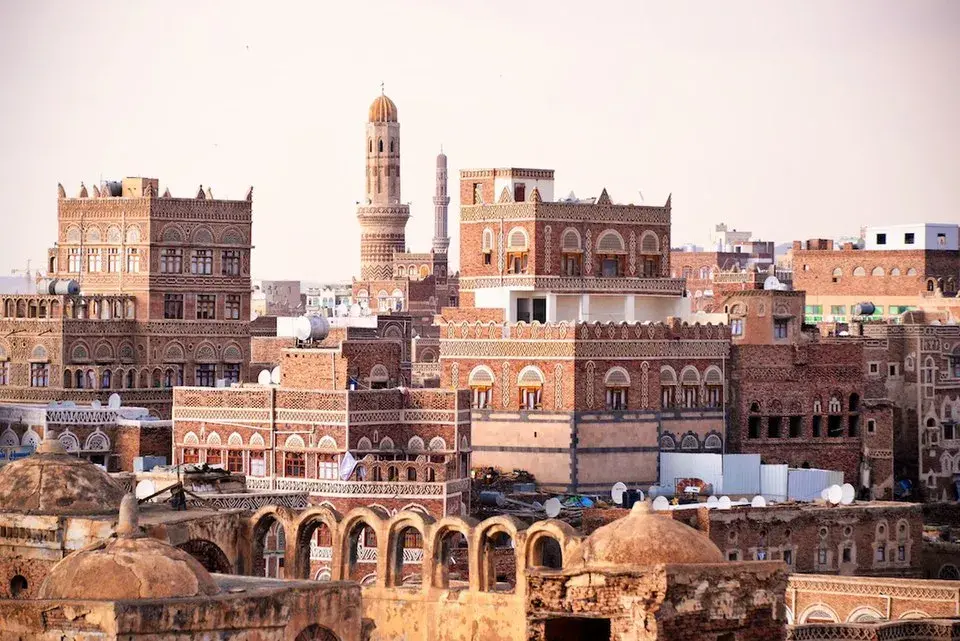The airstrikes mark a sharp escalation in the conflict with Yemen’s Houthi rebels, damaging key infrastructure and disrupting food and fuel supply chains.

The Israeli military said on Monday that it carried out airstrikes on Yemen’s Hodeidah Port, a day after a missile fired by Iran-backed Houthi forces struck near Tel Aviv, narrowly missing Israel’s main international airport.
The Israeli Defense Forces said in a statement that it had targeted “Houthi terrorist infrastructure” in and around the Red Sea port. The strikes hit as two commercial ships were unloading cargo, causing operations at the port to halt completely, a local port worker told Reuters.
The Houthi-run Saba news agency reported at least one person killed and 35 wounded in the strikes, citing Yemen’s health ministry. Residents told Reuters that more than ten airstrikes struck Hodeidah’s port area and surrounding neighborhoods, including Al Salakhanah and Al Hawak. Four other strikes targeted a cement factory on the city’s eastern outskirts.
Hodeidah Port is a critical lifeline for Yemen, responsible for handling around 80% of the country’s food imports. Damage estimates vary, but two sources told Reuters that approximately 70% of the port’s infrastructure — including docks, warehouses, and customs facilities — had been destroyed.
“The attack was carried out in response to repeated attacks carried out by the Houthi terrorist regime against the State of Israel,” the Israeli military said, referencing a series of missile and drone attacks launched from Yemen since the outbreak of the war between Israel and Hamas in Gaza last October.
Sunday’s missile strike was the first by the Houthis to evade Israel’s air defenses. Prime Minister Benjamin Netanyahu vowed a strong retaliation, which the Houthi response described as the beginning of something “unimaginable.”
The Houthis have intensified their attacks on Israel and shipping lanes in the Red Sea following the collapse of a brief ceasefire between Israel and Hamas. They have framed their operations as an expression of solidarity with Palestinians in Gaza.
Meanwhile, the Houthi-controlled Yemeni oil company announced the activation of an emergency fuel distribution system amid disruptions at the oil port of Ras Isa. The company cited recent U.S. airstrikes as the cause, following large-scale strikes ordered by President Donald Trump in March.
The dual pressure of Israeli and American strikes is worsening an already dire humanitarian situation in Yemen, where millions depend on consistent food and fuel imports to survive.
Keep Independent Journalism Alive
In a world flooded with noise, independent journalism is more vital than ever. We work hard to bring you clear, accurate, and unbiased international news — free from corporate or political influence.If you believe in the power of honest reporting, please consider making a donation. Every contribution, big or small, helps us stay independent and keep the world informed.
Support us via PayPalYour support makes a difference.


